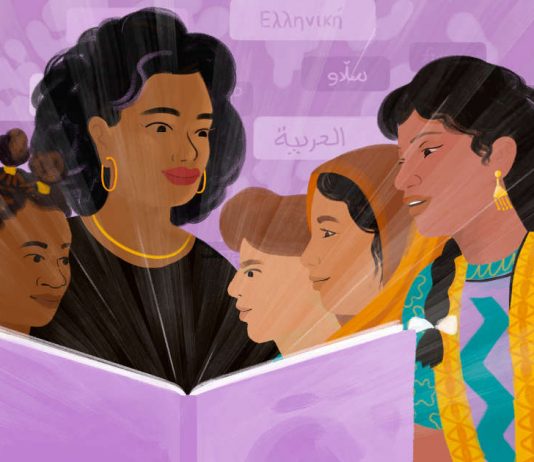Meta AI has developed an AI model — NLLB-200 — capable of translating between 200 languages in real-time, including some less widely spoken African and Asian languages. The first results are impressive.
With NLLB-200 — an acronym for ‘No Language Left Behind’ — Meta aims to democratize communication on social media and in the metaverse. It can translate both a written message and recognize the spoken word. The tool aims to facilitate communication between 4,000 million people whose languages had not been applied to the main platforms.
Regarding the diversity and language range, the announcement states — “Many of these languages, such as Kamba and Lao, were not supported well or at all by even the best existing translation tools today. Fewer than 25 African languages are currently supported by widely used translation tools — many of which are of poor quality. In contrast, NLLB-200 supports 55 African languages with high-quality results. In total, this single model can provide high-quality translations for languages spoken by billions of people around the globe.”
To show off the NLLB-200 capability, Meta AI has released a demo that can be used to “experiment” with the translations. It consists of a series of books that can be translated in real-time from their original language into a wide variety of other languages.
Meta AI has trained its model with 50,000 million parameters in the RSC (AI Research SuperCluster) — the most powerful supercomputer ever built in which they work to bring the metaverse to life.
However, in addition to the benefits of the NLLB-200, the great novelty has the Meta AI’s decision to open its access to developers. Yes, the majority of this AI project’s components are currently open-source.
“By open-sourcing our code, models and evaluations, we hope to foster even more research in low-resource languages leading to further improvements in the quality of low-resource translation through contributions from the research community.” — Meta explained on GitHub.


